Evaluation of the project “Mentors for Resilience” to contrast educational poverty
Peer-education to contrast educational poverty
Title Seconda stella a destra, questo è il cammino – MENTORI PER LA RESILIENZA
Location Arezzo, Castiglion Fiorentino, Salerno, Catania
Duration 2019-2021
Partners Oxfam Italia
Funding Social Enterprise Con I Bambini
Context
The project “Mentors for Resilience” was born as an experimentation of the tool of “peer education / mentoring” in curricular and extra-curricular activities. The mentoring programme is an educational strategy that aims at strengthening the learning abilities and the integration process of the most vulnerable subjects. “Peer education/mentoring” is also meant to contrast early school-dropout and educational poverty, and also to orient capacity building and actions across the whole educational community.
The project “Mentors for Resilience” is built around four main actions, that have been implemented in different ways in each province of implementation, to both adapt interventions to local specificities and to enhance the skills of local partnerships. These 4 main actions are:
- 1) Establishment of a “learning community” at regional and interregional level.
- 2) Direct support, involvement and expansion of the educating community
- 3) Strengthening of the school system (training, mentoring, retraining)
- 4) Development of cognitive, affective and expressive skills
The project involved about 5,500 minors aged 5 to 14 years old (from the last year of kindergarten, to primary and middle school, up to the first year of high-school) and their families, who were in a situation of overt educational poverty or on the brink of educational poverty.
General Objective
Mentors for Resilience is made up of a wide set of heterogeneous actions, all aimed at activating a permanent integrated supervision of subjects and contrasting educational poverty, focused on fostering peer education as a key to cohesion and leadership.
The mid-term evaluation of the project was aimed at estimating the degree of achievement of the results after the first 18 months of implementation.
Our contribution
The evaluation strategy has been developed by ARCO specifically for the project around three main moments:
- A mid-term evaluation (carried out in the 18th month of activity), focused on the process of implementation of the activities and their preliminary results;
- A final evaluation (carried out in the 36th month), dedicated to measuring the degree of achievement of the expected results and the mid-term objectives of the project;
- A social impact assessment (that will be carried out one year after the conclusion of the project activities), aimed at estimating the medium-long term change generated by the project.
The objectives of the mid-term evaluation (carried out in August 2020) were re-organized in order to support the partnership in addressing the problems of reshaping the project actions after new needs emerged as a consequence of the Covid-19 emergency and social distancing.
Data collection was carried out completely remotely, through semi-structured individual interviews, but also via the web-conference platforms, that involved the whole team of the lead partner and some representatives of the individual partners (for a total of 13 interviews).
Scopri l’Unità di Monitoraggio e Valutazione e Valutazione di Impatto
Related Projects
-

Monitoring Information System for project WATDEV on water management and sustainable development in East Africa
-

Research on knowledge, attitude, social norms and practice on reproductive health rights and gender-based violence in Narok county, in Kenya
-

Evaluation of the project that promotes food security and climate resilience in Mozambique
-
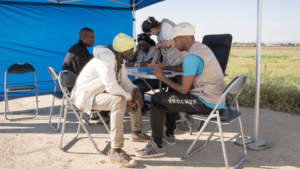
Evaluation of the project strengthening migrants’ right to health in Italy, Greece and Malta
-

Final evaluation of the project that strengthens olive farmers’ resilience in Southern Lebanon
-

Social impact assessment of the Rapporti Corti project for socio-educational inclusion in the Navile district of Bologna
-

Evaluation of the Naseej project to stop gender-based violence in Iraq, Yemen, and Palestine
-
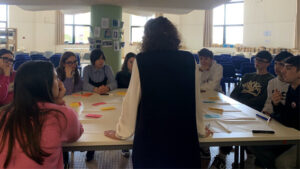
Evaluation of the project that promotes youth employment in Italy
-

Final evaluation of the ‘5G Smart School’ project for innovative teaching in Italian schools
-

Evaluation of the project that fosters mainstreaming migration into international cooperation and development policies
-

Final evaluation of a project to contrast educational poverty in Albania
-
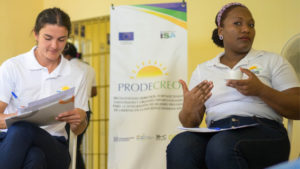
Evaluation of the project PRODECREO to promote the rights and socio-occupational reintegration of women deprived of their liberty in the Dominican Republic
-

Final evaluation of the SOS Children’s Villages family strengthening project in Bosnia and Croatia
-

Evaluation of the project for the motor rehabilitation of oncological children in Turin
-
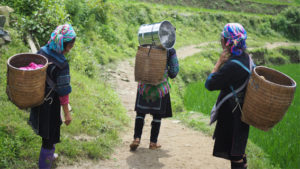
Evaluation of the project that aims to improve the health of the most vulnerable in Myanmar
-
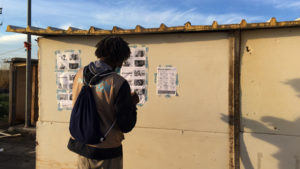
Final evaluation of the project that fosters proximity social-health services in the informal settlements of the Province of Foggia
-

Food Wave, Monitoring the project that promotes sustainable food consumption among young Europeans
-

Spazio Donna, evaluation of the projects to foster women empowerment and contrast gender-based violence
-

Evaluation of the projects “M’Interesso di Te” that tackle unaccompanied foreign minors’ integration
-
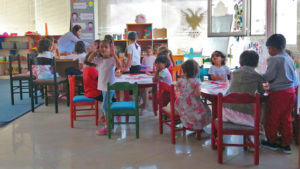
Evaluation of psycho-socio-sanitary interventions in response to the COVID-19 pandemic and the earthquake in Albania
-

Final evaluation of the Youth For Love project to raise young people’s awareness of gender-based violence
-
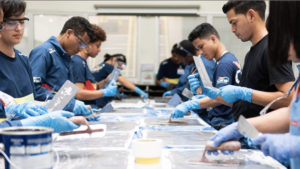
Multi-country mid-term evaluation of the YouthCan! programme, promoting the employability of vulnerable young people
-

Final evaluation of WEGO2 to support women economic empowerment contrasting intimate partner violence
-

Action Research for the project Do.N.N.E against gender-based violence in Central Italy
-

Evaluation of the project “Mentors for Resilience” to contrast educational poverty
-
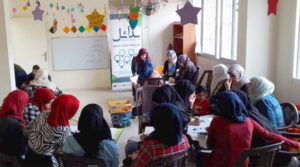
Outcome Harvesting of the project that aims to promote stability and social enterprise in Lebanon
-
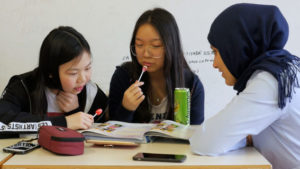
Annual evaluation and SROI of the programme “Nessuno Escluso” to contrast social exclusion and educational poverty in Tuscany
-
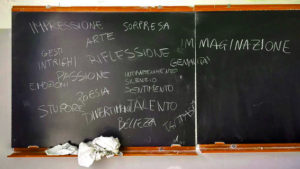
Evaluation of the project “Dreams and Needs” to contrast educational poverty in Italy
-

Mid-term evaluation of the project MilKy for the development of a sustainable dairy supply chain in Kenya
-

Final evaluation of Pe.R.Co.rrere: resilience of communities in Center Italy
-

Evaluation of the promotion campaign for Piave DOP cheese in Austria, Germany and Italy
-
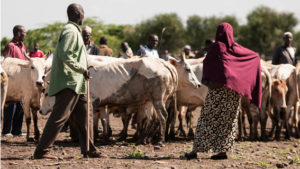
Mid-term & final evaluation of a project to strengthen resilience to climate shocks in Kenya
-
Evaluation of the promotion campaign for Italian specialities in Japan
-
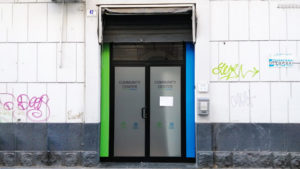
Community center, final evaluation of the social inclusion project
-
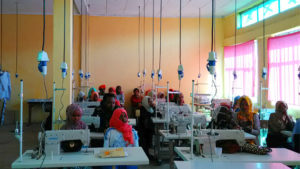
Mid-term evaluation of the project to contrast irregular migration in Ethiopia
-
Mid-term evaluation of the project for the conservation of Protected Areas in Albania
-

Social Impact Assessment of children’s protection programmes in Kyrgyzstan
-
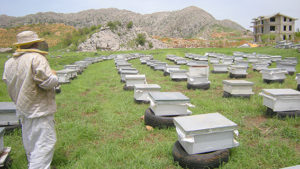
Monitoring&Evaluation of reintegration services for drug addicts and ex-addicts in Lebanon
-

SROI Analysis, Albergo Etico social performance
-
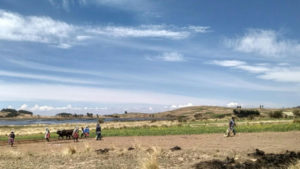
ECO.COM: strengthening local economic development in Bolivia
-

Improving the sustainability in the cherry supply chain in Bulgaria and Turkey
-

Evaluating sustainable agricultural supply chains in Bosnia Herzegovina and Albania
-
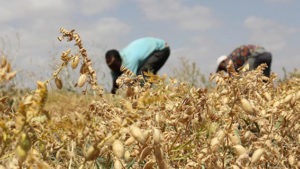
Impact evaluation of the creation of a durum wheat supply chain in Ethiopia
-

Impact evaluation of a Rehabilitation programme in India